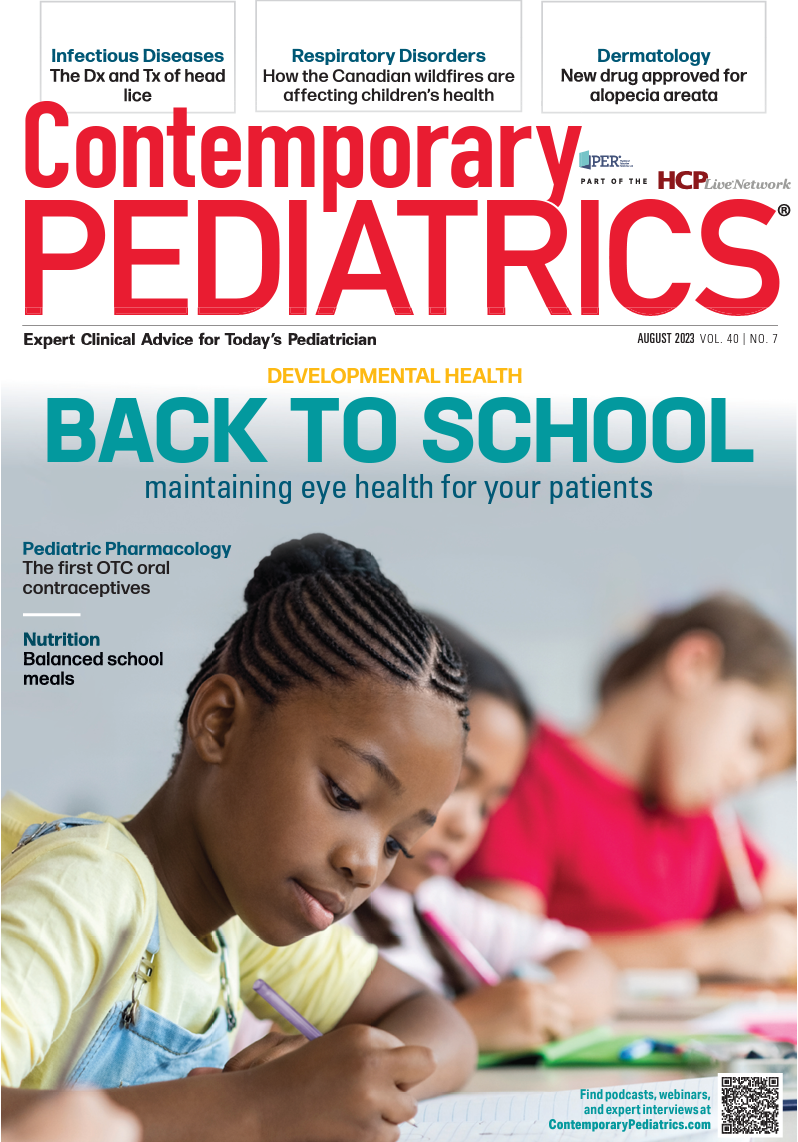Oral vs intravenous acetaminophen: Which is better for closing a patent ductus arteriosus?
In the 18 studies that assessed the efficacy of closing a patent ductus arteriosus after 1 course of acetaminophen treatments, the results demonstrated that both oral and IV preparations were more effective than placebo.
Oral vs intravenous acetaminophen: Which is better for closing a patent ductus arteriosus? | Image Credit: © Contemporary Pediatrics - © Contemporary Pediatrics - stock.adobe.com.

A meta-analysis of studies that compared the efficacy of intravenous (IV) and oral acetaminophen for closing a patent ductus arteriosus (PDA) suggests that the oral route increases the likelihood of success. However, neither formulation of acetaminophen was better than placebo in preventing necrotizing enterocolitis (NEC) or bronchopulmonary dysplasia (BPD).
The analysis was based on 21 randomized clinical trials, most of which were from Iran and India, that represented 1902 patients ranging from a gestational age of 26 weeks to less than 34 weeks. Patients were enrolled at different time points, from within 24 hours of birth to after the first week of life. Doses of acetaminophen in all the studies were 15 mg/kg every 6 hours over 3 days, followed by a repeat course if closure was not attained.
In the 18 studies that assessed the efficacy of closing a PDA after 1 course of acetaminophen treatments, the results demonstrated that both oral and IV preparations were more effective than placebo. But overall, oral acetaminophen was more likely than IV acetaminophen to result in ductal closure after 1 or 2 courses of treatment. However, investigators noted that the quality of evidence for these outcomes was low.
Thirteen studies evaluated the risk of BPD, finding that oral acetaminophen did better and IV acetaminophen did worse compared with placebo. However, additional data suggested that neither form of acetaminophen was significantly better than placebo in preventing BPD at 36 weeks. As for occurrence of NEC, which 16 trials addressed, oral acetaminophen ranked better than placebo and IV acetaminophen ranked worse. However, as with BPD, additional data suggested that neither medication was significantly better than placebo in preventing NEC. Further, investigators once again noted that the quality of evidence was low for these clinical outcomes, which are pivotal in deciding whether to treat a PDA.
Thoughts from Dr Farber:
I had not heard of acetaminophen for treating a PDA. In theory, this treatment should have fewer adverse effects than indomethacin, making it an attractive option. However, this study does not address the key question of how acetaminophen compares with indomethacin at preventing NEC and BPD. Until this is resolved, I would not change the current approach.
For more from the August, 2023 issue of Contemporary Pediatrics®, click here.
Reference:
Olowoyeye A, Nnamdi-Nwosu O, Manalastas M, Okwundu C. A network meta-analysis of intravenous versus oral acetaminophen for patent ductus arteriosus. Pediatr Cardiol.2023;44(4):748-756. doi:10.1007/s00246-022-03053-1

Newsletter
Access practical, evidence-based guidance to support better care for our youngest patients. Join our email list for the latest clinical updates.